Tesla at the Epicenter of a Global Turmoil
![]() 03/05 2025
03/05 2025
![]() 558
558
As Elon Musk's right-wing ideology increasingly comes to the fore, a global 'anti-Tesla' movement is gaining momentum.
From being labeled a 'tech nouveau riche' to the 'Iron Man of Silicon Valley', and eventually aligning with former President Trump as a 'co-ruler', Musk's global prominence peaked during the Trump administration.
However, as the political leanings of this visionary entrepreneur intensify, Musk, with his humanistic dreams, has been engulfed in an unending political maelstrom. Since the start of this year, a 'anti-Tesla' and 'anti-Musk' movement has spread across the globe.
Since Musk took a more active role in politics, heading the U.S. government efficiency department (DOGE) and expressing controversial political views, protests and vandalism against Tesla have surged. These acts target not only the company but also its owners, employees, and even Musk himself. In recent months, incidents such as vehicles being scratched and supercharging stations vandalized have become commonplace, causing significant distress for Tesla.
On March 1, over 1,000 demonstrators participated in an 'anti-Tesla' event in Tucson, Arizona. Subsequently, large-scale protests gradually spread to Boston, California, Florida, and other regions.
Dissatisfied with Musk, global protesters have established a website named 'Tesla Takedown' with the slogan 'Boycott Tesla to Stop Musk'. To date, over 50 demonstration events have been listed on the website, with more protests scheduled in the UK, Spain, and Iceland.
As Musk's right-wing ideology increasingly surfaces, the global 'anti-Tesla' movement intensifies.
Misfortunes seldom come alone.
It's noteworthy that this 'anti-Tesla' movement is not merely noise.
Data released by the European Automobile Manufacturers Association on February 25 revealed that Tesla's new car registrations in the EU, the European Free Trade Association, and the UK market fell by 45.2% in January compared to the same period last year, almost halving.
Country-wise, Tesla sales in Germany declined by 59.5% to 1,277 units, hitting the lowest level since July 2021; sales in France dropped by 63% to 1,143 units, the worst performance in that country since August 2022.
Almost all newly registered motor vehicles in Norway are pure electric, yet Tesla's share of motor vehicle sales has fallen to 8.8%. In 2024, Tesla led the market with a share of 18.9%, and in 2023, it reached 20%.
Populists in Europe and the United States have always aimed to eradicate perceived evils completely. Many Tesla owners have reported vandalism of their cars, some even being sprayed with graffiti.
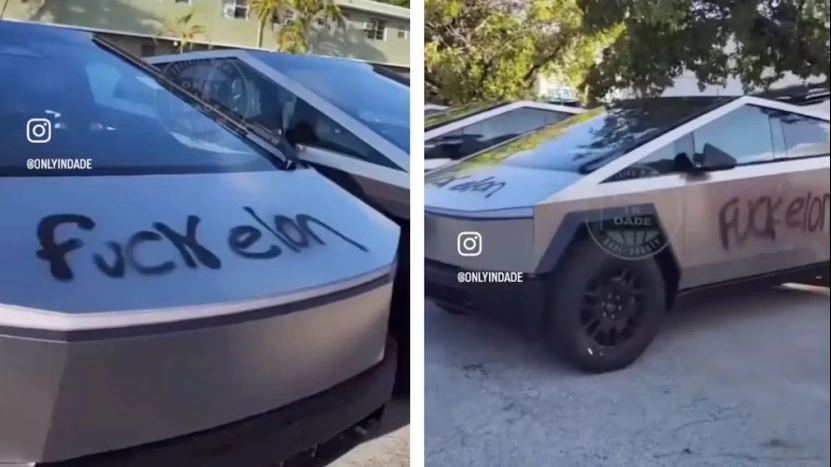
According to a company selling stickers, a sticker with the phrase 'I bought this car before I knew Musk was crazy' has seen a surge in sales. Anti-Musk stickers designed by German owner Schneider have sold 360,000 units in six months, and Australian owners have even organized 'Tesla Purification Actions' to burn vehicles.
As a result, many Tesla owners are frightened, worried that their vehicles will become targets of 'attacks'. Some have even secretly removed the Tesla logo or replaced it with another brand's logo.
From once being a national icon and beacon of humanity to now being perceived negatively, Musk's personal image has been drastically reversed. This has also sparked concerns in the capital market.
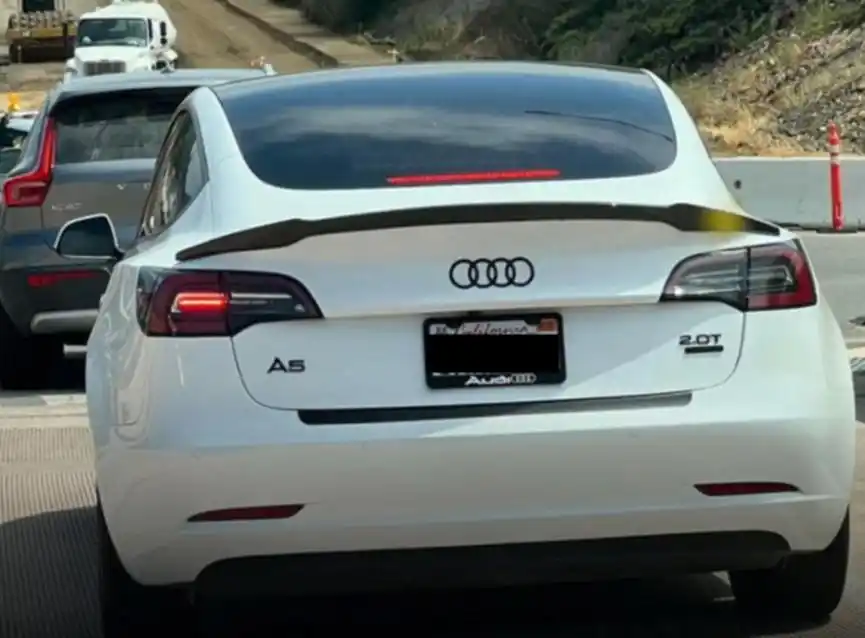
Since 2025, Tesla's stock price has been declining continuously, from a high of $488.54 per share to currently less than $300 per share, with its market value dipping below $1 trillion.
Particularly last week, it fell by 13%, nearly erasing all gains since the U.S. election. Some investors believe that Musk has become the biggest threat to the Tesla brand.
Ross Gerber, a major shareholder of Tesla and CEO of Gerber Kawasaki Wealth Investment Management, has even warned that Tesla's stock price could fall another 50% in 2025. Morgan Stanley, known for shorting Tesla, seized the opportunity and unequivocally stated that Tesla's stock is only worth $135.
Despite the dire situation, Musk remains unperturbed, showing no signs of panic. On March 2, he predicted on his social media platform that Tesla will achieve 1000% profit growth in the next five years.
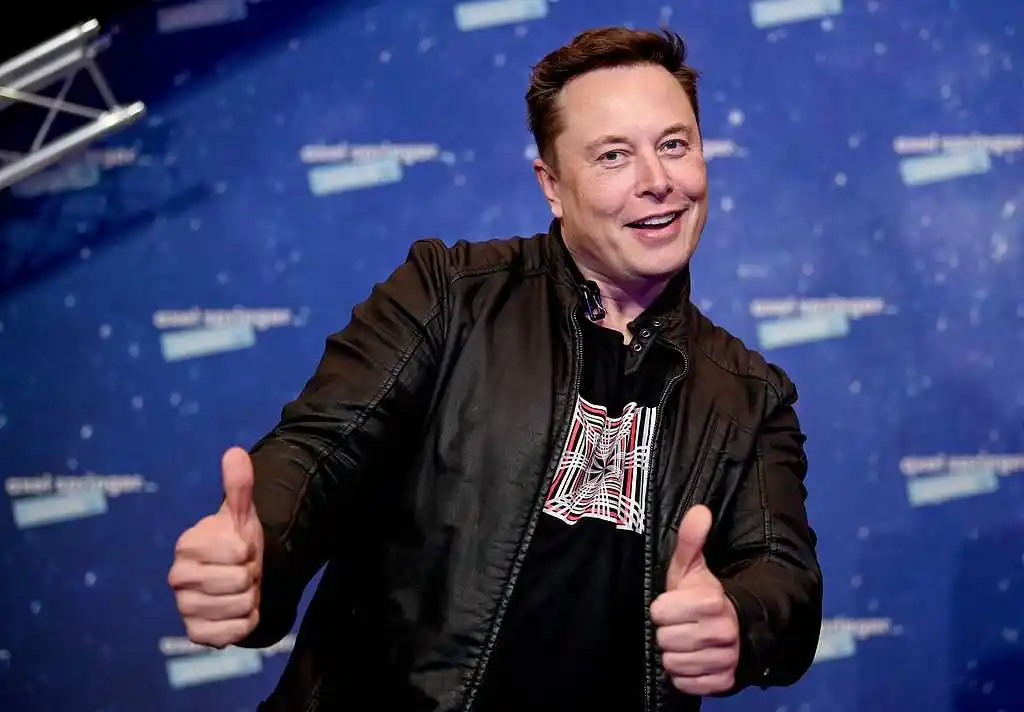
At least based on the current scenario, such expectations appear pessimistic.
From the previously released financial report, Tesla's revenue for the full year 2024 was $97.69 billion, an increase of 1% from $96.77 billion in the same period last year. However, the net profit for the year plunged by 52.23% year-on-year to only $7.09 billion. Especially in the fourth quarter, Tesla's net profit was $2.317 billion, a significant drop of 71% from $7.928 billion in the same period last year.
Currently, Tesla's Full Self-Driving (FSD) system has begun updating in China, attempting to boost profits with this $64,000 system.
However, the mystical FSD seems somewhat incompatible with the Chinese market upon its initial entry. Many car bloggers tested FSD in China and lost all 12 points on their driver's licenses within just 20 minutes.
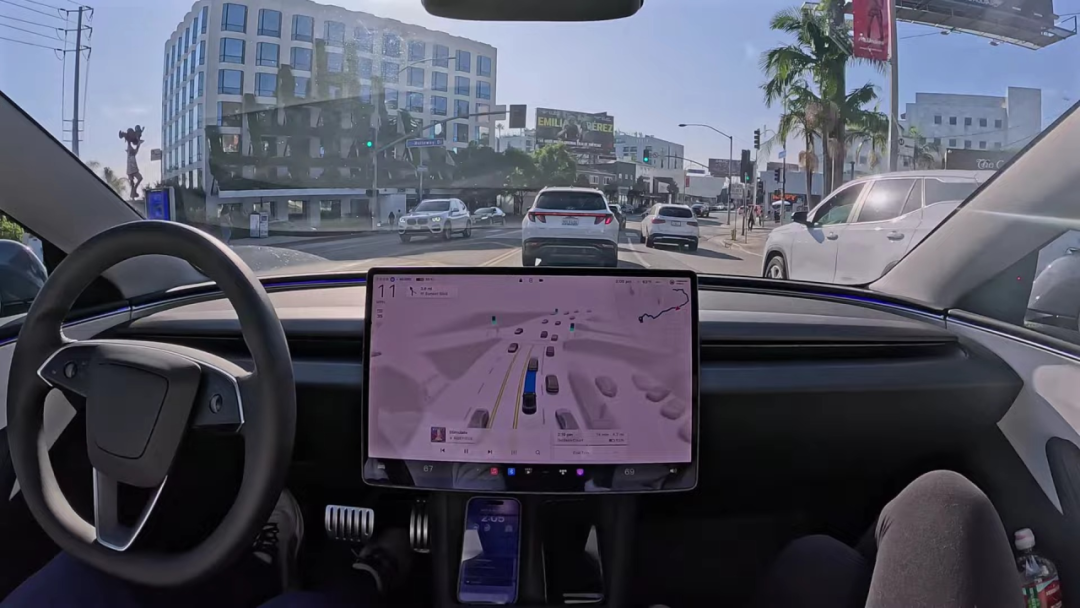
In fact, the Chinese version of FSD currently lacks advanced autonomous driving capabilities such as 'door-to-door' navigation available in the U.S. version. Issues like navigation confusion, entering bus lanes, and illegal lane changes have also emerged.
The technological edge that Tesla once boasted is being swiftly closed by Chinese competitors. Chinese local automakers represented by Huawei, XPeng, BYD, etc., have conducted in-depth optimization for domestic road conditions and have established a formidable technical barrier in intelligent driving.
Tesla's path to entering the Chinese market with FSD faces considerable challenges.
American Hu Xueyan
Regardless of whether Tesla's profits can surge tenfold in the next five years, they are currently confronting a significant hurdle.
From Tesla's inception to the present, this American company symbolizing the future has in fact always been inextricably linked with politics.
The Washington Post has reported that over the years, Musk and his companies have received at least $38 billion in government contracts, loans, subsidies, and tax credits. These payments span over 20 years. In 2008, shortly after Musk became CEO of Tesla, he sought low-interest loans from the U.S. Department of Energy.
Since 2008, Tesla has sold $11.7 billion in regulatory credits, with at least $4 billion coming from automakers that need to comply with U.S. Corporate Average Fuel Economy (CAFE) rules, including Ford and GM.
In 2009, the U.S. government provided Tesla with a $465 million federal loan guarantee when the company was on the brink of bankruptcy.
Even a decade later, in 2019, when Tesla officially began domestic production in China, it also benefited from political dividends. Against the backdrop of China-U.S. rivalry, Musk, as a bridge for U.S.-China dialogue, used the term 'visit' when coming to China. His entrance and exit were received at the Ziguangge of Zhongnanhai and he met with vice-state-level leaders such as Wang Yang and even the prime minister.
It was not until Tesla's domestic production in China that its cash flow gradually improved, leading to its current position.
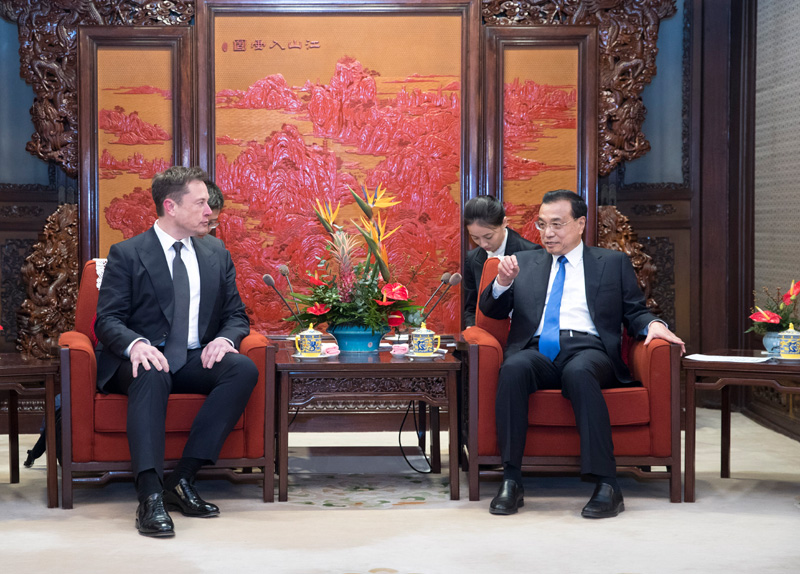
To some extent, Tesla was born in politics, grew in politics, and may also be impacted by politics.
After becoming the 'shadow president' of the Trump administration, Musk initiated a series of government agency reforms internally, which disrupted the interests of many established forces.
On February 13, 2025, a coalition of 14 states filed a lawsuit against Musk and Trump, alleging that the powers granted to the tech billionaire and his government efficiency department by the White House violate the Constitution.
This lawsuit was filed by Democratic attorneys general from states such as Arizona, Michigan, and Rhode Island, questioning the scope and impact of Musk's powers and the excessive interference of Musk and his government efficiency department in reducing the federal workforce, dissolving agencies, and accessing sensitive data.
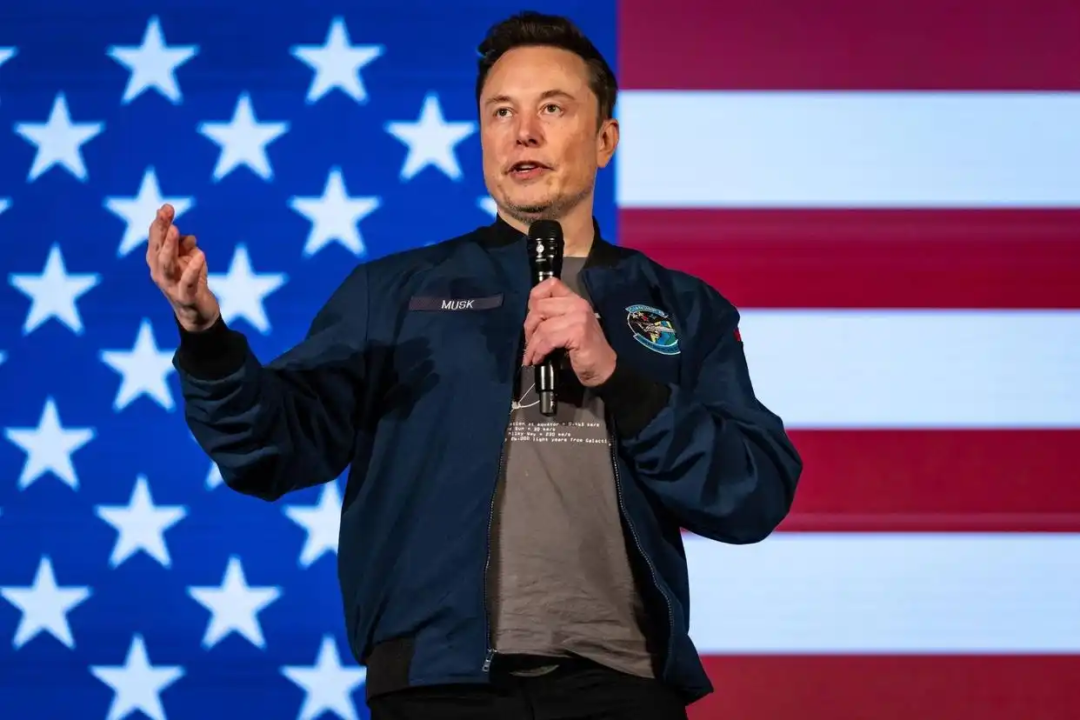
Arizona Attorney General Chris Mayes said, 'America's founding fathers would surely be outraged to see that 250 years after our country overthrew monarchy, the American people – many of whom fought and sacrificed to defend freedom – are now bowing to the will of an unelected billionaire.'
A series of current public opinion scenarios can reveal the intricate political forces behind them. For example, the Washington Post, which exposed Tesla's huge government subsidies, is the mouthpiece of the U.S. Democratic Party.
Having received the benefits bestowed by politics, it is inevitable that Musk must also serve politics. Musk's far-right remarks in fact represent the attitude of the U.S. Trump administration. When certain matters are unsuitable for official discourse or action, such spokespersons are needed.
Musk's situation bears some resemblance to that of Hu Xueyan in the past. One is a typical example of traditional bureaucratic capitalism, whose rise and fall are controlled by the feudal system. Musk, on the other hand, represents a new form of technological capitalism, reconstructing the power structure through innovation.
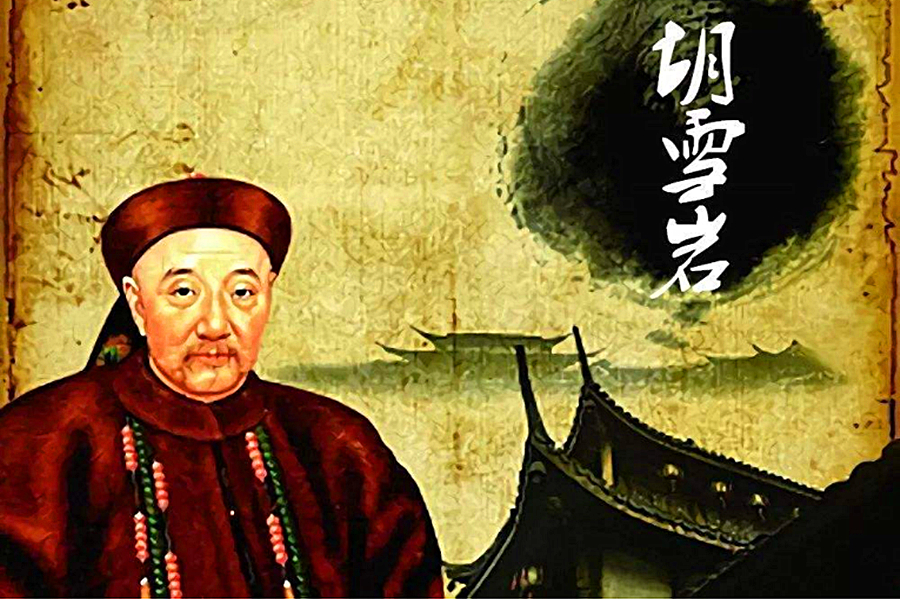
Although they are products of different historical stages, with one seeking rent-seeking within the system and the other reconstructing the boundaries of the system, they are essentially the same.
In November 1885, Hu Xueyan, who was liquidated by Li Hongzhang, lay on his sickbed and, with all his strength, wrote his will: 'Stay away from the white tiger.' Today, 140 years later, Musk is also deeply entangled at the center of the global storm.
Note: Some images are sourced from the internet. If there is any infringement, please contact us for removal.







